Physical Address
60 Ekwema Cres, Layout 460281, Imo
Physical Address
60 Ekwema Cres, Layout 460281, Imo

While gift cards are rampant around the world, one may be wondering if Chinese people use gift cards; well, gift cards are available in China just as in other parts of the world. In fact, China’s gift card ecosystem has expanded rapidly in recent years, due to the explosive growth of e-commerce and mobile payments.
Virtually every major retailer and online platform in China supports digital gift credits. China’s gift card market is among the world’s largest – estimated to reach around US$217 billion by 2027.
Unlike the paper gift certificate tradition in some countries, Chinese “gift cards” often take digital forms (e-vouchers, app-store credits, mobile top-ups) and are closely tied to popular payment apps. These digital gifts function much like reloadable gift cards.
In this writing, we will explore the best Gift cards in China and other relevant information you will need about how gift cards work in China.
Yes – China has many kinds of gift cards, but they often come in digital forms or specialized formats. Major e-commerce platforms issue their own vouchers or top-up cards, and chain stores/brands sell prepaid gift credits.
For example, Tmall Supermarket offers “Xiangtao Cards” (天猫超市卡) – digital gift vouchers with three-year validity. These can be bought through the Tmall app, Alipay wallet or the Tmall Supermarket website.
Similarly, JD.com (京东) sells reloadable JD E-cards (京东礼品卡) that can be applied toward purchases on JD’s online mall.
Even international-oriented gift cards have Chinese versions. For instance, Apple’s China store sells App Store & iTunes “recharge cards” in local currency, and Apple’s site notes these Chinese gift cards are valid for three years after purchase.
Read also: How to Buy Gift Cards Online in Nigeria | Full Guide
Yes. Apple gift cards are available in China, specifically as App Store/iTunes recharge cards (苹果App Store充值卡). Apple’s official China store confirms that iTunes/App Store gift cards (called “充值卡”) are sold in various denominations and have a validity of three years from the date of purchase.
These cards are issued by Apple’s partner Zihexin Information Technology and can be redeemed only on the Chinese iTunes/App Store. You can buy them at authorized sellers; for example, Apple’s China site points to its flagship Tmall store (“App Store 充值卡旗舰店”) for purchasing digital App Store recharge codes.
Not officially. Steam (the global PC gaming platform by Valve) is available in China in a limited form, but Steam Wallet gift cards are generally not sold through Chinese retail. There is a localized version of Steam for China (蒸汽平台), and many Chinese gamers use it or Tencent’s WeGame for PC gaming.
However, global Steam Wallet codes (gift cards) are seldom distributed by Chinese outlets due to licensing restrictions. Chinese gamers who want to top up Steam often rely on credit card payment, or they purchase game keys through licensed local partners.
Some third-party sellers abroad do offer “Steam Wallet code – China” vouchers, but these are not official in-country products.
Also check out the 15 Legit Apps to Trade Gift Cards in Nigeria | 2026 Update
Gift cards in China can be obtained from official online stores, popular apps, and major retailers. They can be purchased through a variety of channels:
In many cases, you’ll just log into the provider’s platform (or app), select the gift card, pay with your preferred method (Alipay, WeChat, card, etc.), and either receive a digital code by email/SMS or a physical card by courier.
Explore the Best Sites to Buy Gift Cards Online in USA
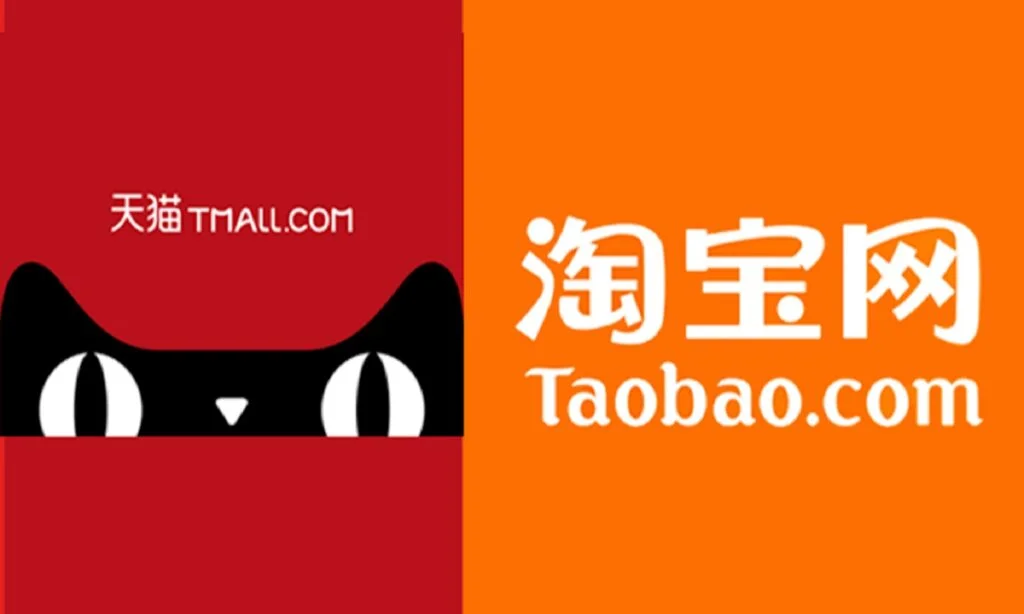
Alibaba’s platforms let you send digital gift vouchers instead of shipping a package. For example, Tmall Supermarket sells e-vouchers called “享淘卡” which buyers can load and gift. These cards have long validity (3 years) and are redeemable on the Tmall Supermarket site.
They can be purchased directly via the Tmall mobile app, Alipay wallet, or Tmall’s own website. (Denominations vary, typically in ¥100, ¥200, etc.) No physical card is needed – the voucher is delivered via app.
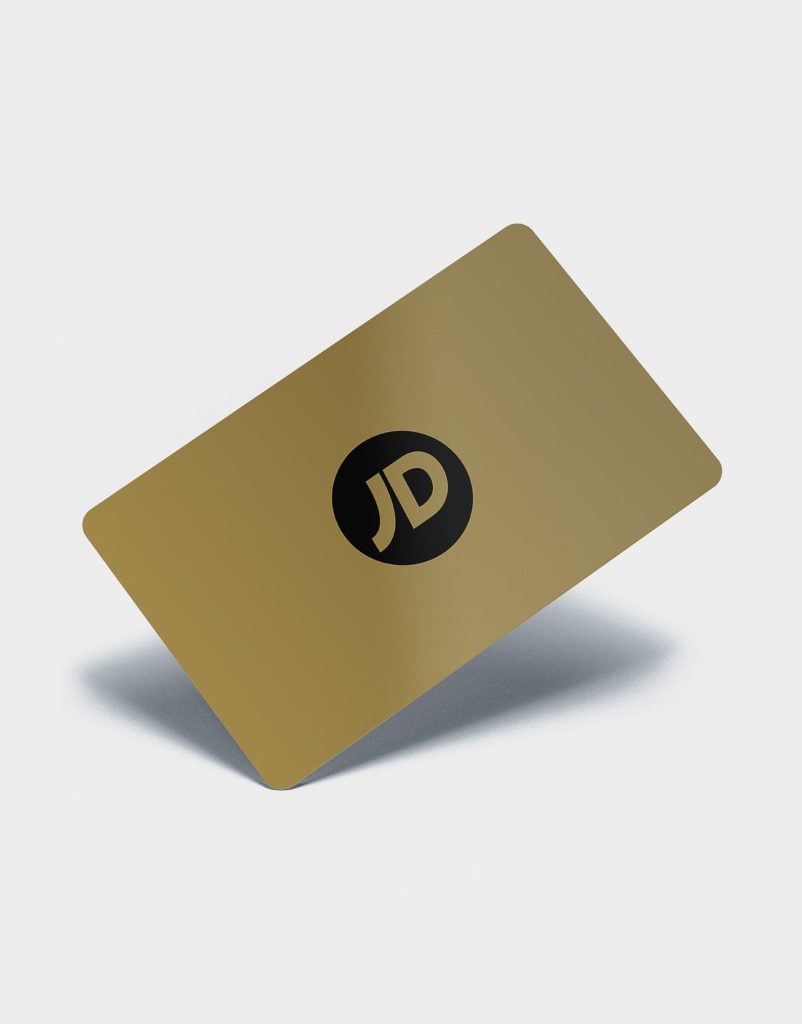
JD’s official gift cards (京东E卡) are widely used. JD lists “classic” e-cards in multiple values: ¥50, ¥100, ¥200, ¥300, ¥500, ¥1000 and more. For instance, JD’s website shows a “¥100 E-Card” for ¥100. These E-cards are redeemable on JD.com purchases.
They can be bought on JD’s own site (digital code) or through authorized retailers. The cards carry no extra fee – a ¥100 card costs ¥100 – and are valid indefinitely (some JD cards have 3-year validity, depending on type).
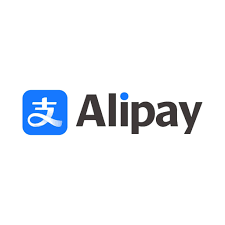
While not branded “gift cards,” China’s mobile wallets function as gifting vehicles. You can top up someone’s mobile wallet balance or send them a “red envelope” (红包).
For example, WeChat’s Red Packet feature lets users transfer a cash gift to a friend’s WeChat Pay account. The recipient then uses that balance for any purchases on WeChat Pay (shopping, bills, etc.).
Similarly, Alipay offers digital gift transfers. This method is very popular during holidays (like Chinese New Year). These digital “gifts” effectively act like e-gift cards with flexible value.
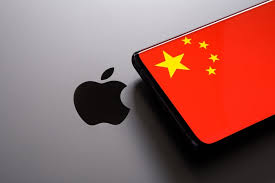
Apple sells gift cards in China for its App Store / iTunes ecosystem. The Apple China website details that App Store recharge cards come in various denominations and carry a 3-year post-purchase validity.
These are Chinese-version iTunes cards, usable only on the Chinese App Store. Consumers can purchase them online (for example, at the official Apple Tmall store) or at authorized outlets.
(Note: The Apple Store gift card for physical goods is usually the same Apple gift card redeemable online.) These cards let the recipient buy apps, music, iCloud storage, etc. on Apple’s Chinese services.
See also: 7 Best Sites to Sell Gift Cards in Nigeria in 2025
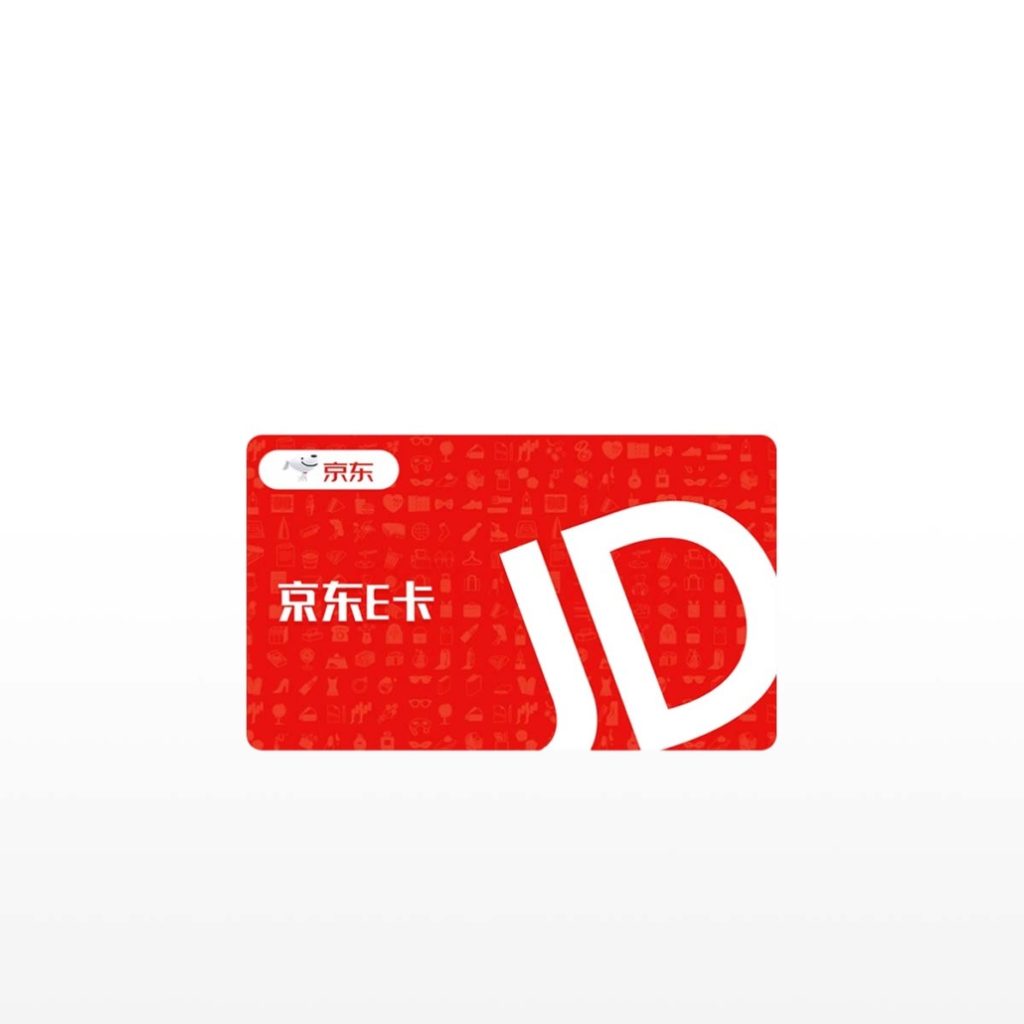
In addition to JD’s own channels, JD gift codes are sometimes sold on third-party gift sites or online marketplaces. These services allow buyers (especially foreigners) to purchase Chinese gift cards with international payment and have the code emailed or delivered. (For example, some gift-card retailers sell ¥100 JD e-card codes for a markup.)
Always use reputable sellers: JD itself endorses only its official store, but major gift card platforms list JD codes. Caution: Prices may include service fees on third-party sites.
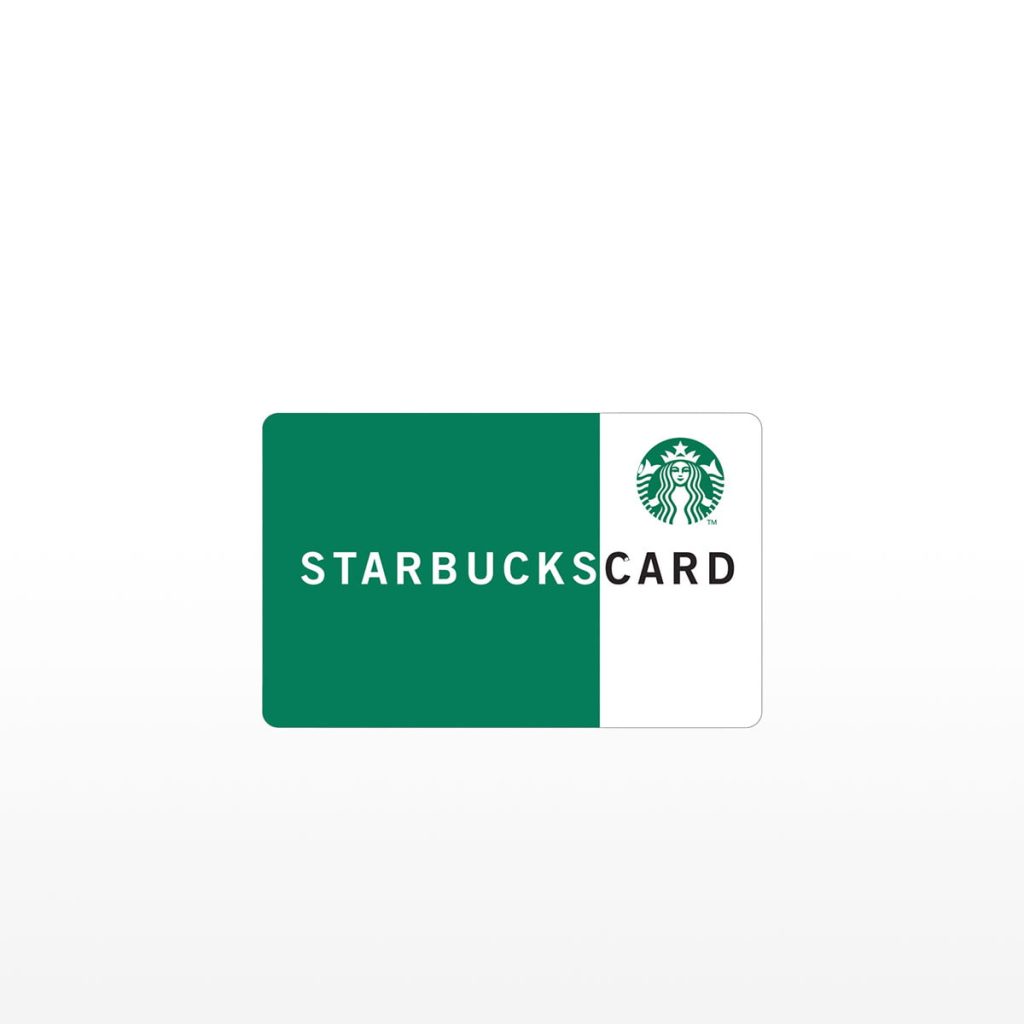
Starbucks sells branded gift cards in its Chinese stores. According to Starbucks China, cards are available in denominations of ¥100, ¥200, and ¥500. These function like Starbucks store credit and are accepted at any Starbucks outlet nationwide.
You can buy them from a cashier at a cafe or sometimes from the Starbucks China Tmall store (online). Reloading is allowed at stores; the cards have no expiration. (Example: Starbucks China lists ¥100 and ¥200 gift cards as products on its site.) They make a popular gift for coffee lovers.
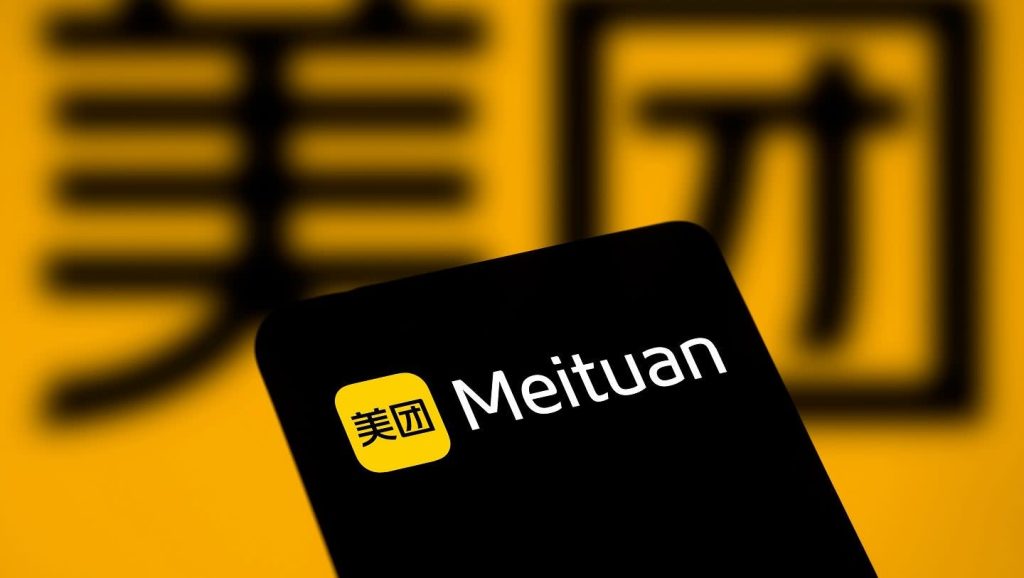
Meituan (美团) offers gift cards usable on Meituan (and Dianping) apps, covering services like food delivery (外卖) and coupons. These vouchers can be bought on Meituan’s website or app. The gift card is digital – the buyer enters the code in the app to credit their account.
Meituan vouchers typically come in RMB values (¥50, ¥100, etc.). (Ele.me, owned by Alibaba, similarly supports promotional vouchers, though it doesn’t have a standalone “gift card” brand.) Gifting a Meituan card lets someone order restaurant deliveries or book services via the app.
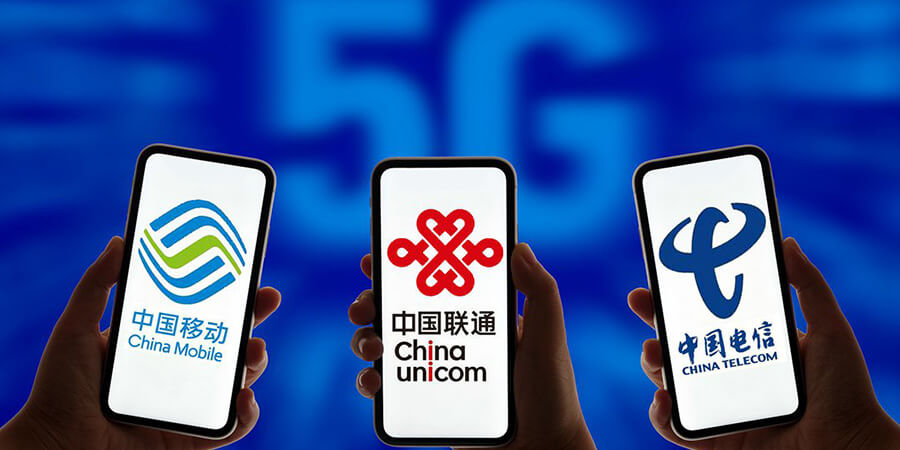
Prepaid mobile phone recharge cards are sold as de-facto gift cards. Operators like China Mobile, China Unicom and China Telecom offer voucher cards (e.g. ¥30, ¥50, ¥100 recharge) that can be used to top up any subscriber account. These vouchers are sold at convenience stores, telecom shops, or online.
You simply give the recipient the voucher code, and they load it to their phone. This is a straightforward “gift card” – the recipient gets phone credit that they can use for calls, data, or any telecom bill. (it’s a well-known practice in China.)

Suning.com, a major electronics retailer, sells gift cards under its “Suning Card” brand (苏宁卡). On Suning’s site, you can find e-cards for values like ¥500 and ¥1000. For example, the Suning store lists a 500元 gift card for ¥500 and a 1000元 card for ¥1000.
These cards can be used in Suning’s online mall and many physical stores. They have 3-year validity and can be reloaded. Purchasers can buy them on Suning.com or in select outlets. Suning also sometimes offers themed cards (holiday designs).

Hema (the grocery chain owned by Alibaba, called Freshippo internationally) has its own gift vouchers. These Hema gift cards can be used for purchases in any Hema store or on the Hema online platform. Consumers can buy Hema vouchers at Hema supermarkets, through the Freshippo app/website, or on Alibaba’s online channels.
The gift card values are set by the buyer (usually in increments like ¥100). They are valid for one year typically. Hema markets these as convenient gifts for fresh groceries and daily supplies.

Several Chinese online education providers sell gift certificates or vouchers for courses. For instance, VIPKid (an English tutoring platform) and other e-learning services allow customers to purchase pre-paid lesson packages as gifts.
These function like gift cards for online classes. (Although less common than retail vouchers, these are given especially by parents to children.) You usually buy such vouchers through the company’s site and then redeem them in the platform to access a certain number of lessons.

Chinese gamers have gift options too. Tencent sells prepaid “QQ” game cards (QQ币充值卡) and WeGame digital gift cards that load in-game currency for popular PC games. These are available at retail shops and online.
Similarly, console and mobile game platforms (like Nintendo China, Sony PSN CN) sell local gift codes. Gift cards from companies like 17173 or third-party game card retailers allow prepayment for game credits. Although not always called “gift cards,” these game vouchers are often used as gifts among friends.
Read Also: Exploring Different Types of Gift Cards in Nigeria

Many global brands operating in China issue China-specific gift cards. For example, Nike and Adidas have dedicated gift card programs for their Chinese websites/stores. A Nike gift card bought in China is denominated in RMB and redeemable on nike.com.cn or in Nike China stores.
Similar cards exist for international e-tailers with Chinese branches.

Movie theater chains in China (like Wanda Cinema, China Film Group cinemas) and ticketing platforms (Taopiaopiao, etc.) offer gift tickets. For instance, WeChat mini-programs allow purchasing movie-ticket voucher codes.
Users can buy movie e-vouchers which the recipient redeems at the box office or app. While we have not cited a specific Chinese site, this concept is common: gifting someone a movie experience by sending them a ticket voucher via WeChat or Alipay e-card.

Selected international gift card platforms allow Chinese shoppers to buy foreign gift cards. For example, platforms like AliExpress or some gift-card marketplaces sell digital gift codes for stores like Amazon, eBay, or international iTunes.
These cards are usable if the user has the appropriate foreign account or if the service accepts that region. Because of currency controls, this is less straightforward, but cross-border gift cards (often billed in USD or EUR) are an option for tech-savvy consumers to gift content from outside China.
Check out the Best Apps to Sell Google Play Gift Cards in Nigeria 2025
Steam Gift Card is available in CHINA
Yes, China has Apple gift cards, which are denominated in Chinese Yuan (CNY) and can be used for the China iTunes and App Store.
Alipay and WeChat Pay
Alipay
In China, gift cards are ubiquitous but often digital. Consumers use them for e-commerce and everyday services (food delivery, cafes, gaming). The gift card industry is booming and closely tied to China’s mobile payment infrastructure.
Despite the differences in format, Chinese shoppers have access to essentially every major gift card type. Just make sure to navigate the local channels to buy them.